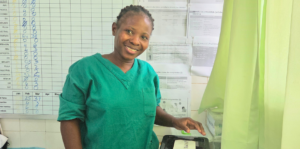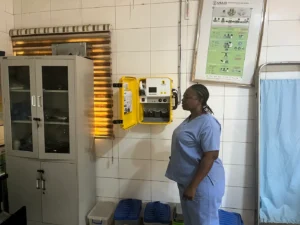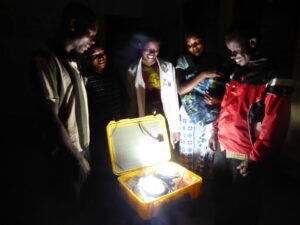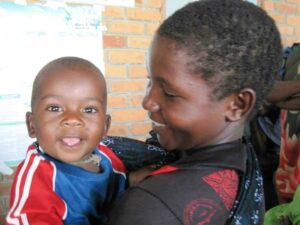I just returned from a brief trip to New Delhi India, where I attended the 2010 Global Maternal Health Conference, organized by the Maternal Health Task Force, Engender Health and the Public Health Foundation of India. 500 maternal health leaders from around the world came together to discuss progress and challenges in maternal health, with a special focus on reducing maternal mortality. The international perspective on interventions at the community, health facility and policy level was excellent, and many of the presentations can be found on this site: http://maternalhealthtaskforce.org/gmhc2010/index.php/conference/plenary….
Ashoka hosted sixteen “Young Champions” who will be working with Ashoka fellow on maternal health projects around the world this year, as well as the three “Maternal Health Awardees” who won their “Healthy Mothers, Strong World” competition in the spring. After the conference, the Ashoka team took a tour of Old Delhi, which included time interviewing the traditional birth attendant seen in the photo which will soon be uploaded. She told us that most women in Delhi are now using hospitals rather than opting for home births, and described her traditional techniques for deliveries over the last several decades. While many cities have adequate electricity in India, I began to explore options for bringing solar lighting to rural health facilities in India.
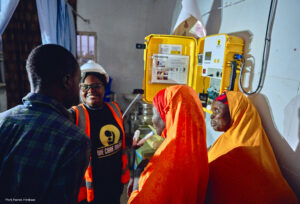
Lighting the Way: Hajara’s Journey as a Woman Solar Installer in Northern Nigeria
When Mohammed Hajara Adamu received a call from her former lecturer, Engineer Gloria Jola, she had no idea what was in store.

